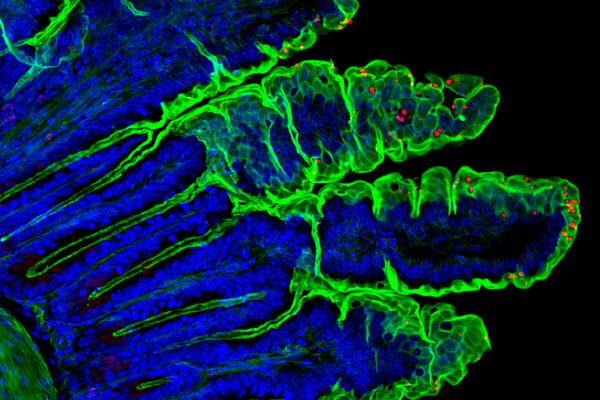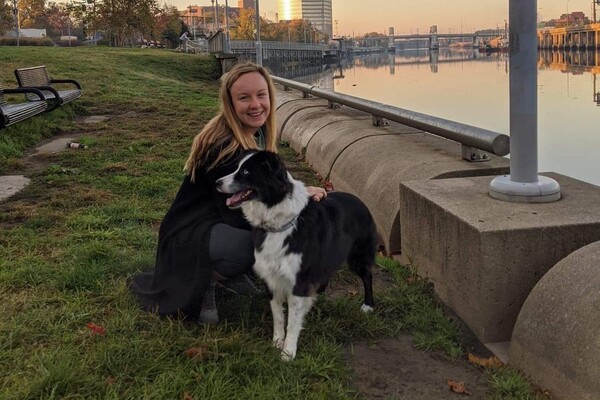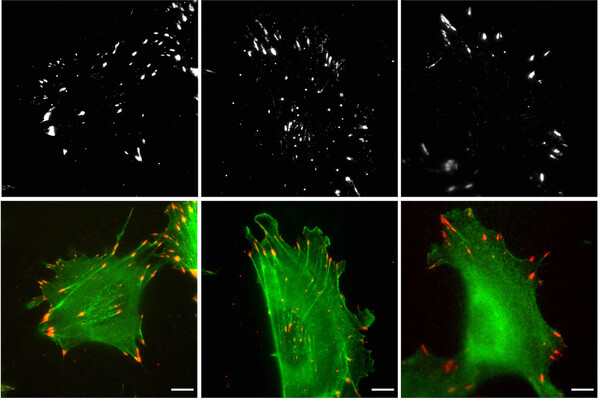4/22
School of Veterinary Medicine
A hub for zoonotic disease research
The new Institute for Infectious and Zoonotic Diseases, launched by the School of Veterinary Medicine, leans on Penn’s strengths in immunology and infectious disease to prepare for emerging threats to animal and human health.
Novel gene therapy platform speeds search for ways to cure blindness
A newly developed single-cell RNA sequencing technique enables researchers to quickly identify an optimal vector for delivering therapeutic genetic material to treat vision disorders, and perhaps other genetic conditions.
Penn concludes landmark fundraising and engagement campaign with extraordinary results
The Campaign exceeded its initial goal, making this fundraising and engagement effort the most successful in Penn’s history.
9/11, 20 years later
Experts across the University share their thoughts on how 9/11 transformed their field, their research, and the world.
Forging healthy bonds with canine companions
School of Veterinary Medicine postdoc Lauren Powell’s research illuminates how the personalities of both dogs and their owners influence the pairs’ ability to overcome behavioral challenges.
Tracking the earliest steps in parasite infection
The parasite Cryptosporidium, a leading global cause of diarrheal diseases in children, injects host cells with a cocktail of proteins. Using powerful video microscopy, School of Veterinary Medicine researchers tracked the process in real time.
First African American Olympic gold medalist was a Penn grad
John Baxter Taylor Jr. of Philadelphia, a superstar on Penn’s track & field team in the early 1900s, won gold at the 1908 Summer Olympics in London.
The search for the culprit behind songbird deaths
Across the United States, songbirds are dying from a mysterious condition. Working with long-established partners, researchers at the School of Veterinary Medicine are striving for a diagnosis.
Pandemic preparedness, three years early
In a Q&A, team members behind the outbreak simulation PennDemic discuss how the exercise, now in its fourth iteration, equipped an interdisciplinary group of grad students for COVID-19 and beyond.
Protein’s ‘silent code’ affects how cells move
A School of Veterinary Medicine-led study shows how, despite having nearly identical amino acid sequences, two forms of the protein actin differ in function due their distinct nucleotide sequences.
In the News
How to (responsibly) let your cat outside
James Serpell of the School of Veterinary Medicine says that some cats are perfectly happy within the confines of the home, while others have a greater desire to wander, explore, and investigate.
FULL STORY →
Cats aren’t jerks. They’re just misunderstood
James Serpell of the School of Veterinary Medicine says that the domestic cat suffers from its legacy of being a not-quite-wild animal on the margins of society.
FULL STORY →
Dog respiratory illness map update: Mystery disease spreads to more states
Deborah Silverstein of the School of Veterinary Medicine says that the dogs most at risk for respiratory illness are those with low immunity, such as young puppies, the unvaccinated, or older dogs, and potentially short-nosed breeds.
FULL STORY →
What’s causing severe respiratory illnesses in dogs?
Deborah Silverstein of the School of Veterinary Medicine says that more dogs may be getting severely ill because they have been infected with multiple pathogens at the same time.
FULL STORY →
What you need to know about the ‘mystery’ dog disease
Deborah Silverstein of the School of Veterinary Medicine explains how to protect dogs from the recent respiratory outbreak.
FULL STORY →













